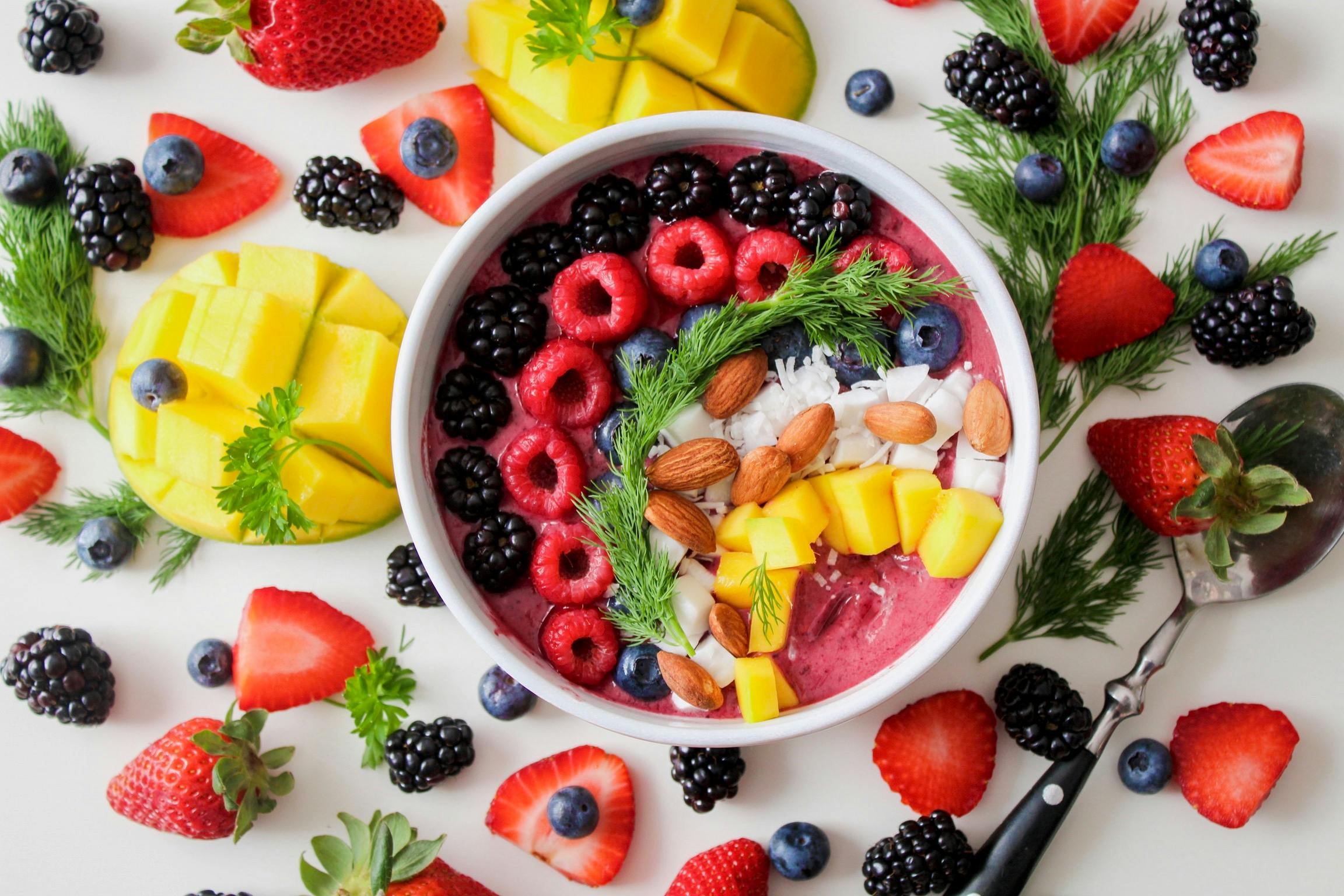10 Superfoods That Naturally Boost Your Energy (Without Caffeine)

Feeling tired no matter how much coffee you drink? You’re not alone. Fatigue, brain fog, and low energy are common symptoms of stress, poor nutrition, and lack of sleep. But here’s the good news: certain superfoods can give you a powerful energy boost — naturally, and without the caffeine crash.
In this post, we’ll cover 10 energy-boosting superfoods that help support stamina, focus, and vitality throughout the day.
1. Maca Root
Maca is an adaptogenic root from the Andes known for its ability to enhance stamina and endurance. It helps balance hormones and improve energy levels naturally — no jitters.
How to use it: Add 1 tsp of maca powder to your morning smoothie or oatmeal.
2. Spirulina
This blue-green algae is rich in protein, iron, and B vitamins — all essential for energy production. Spirulina is also a natural detoxifier, which can help your body use nutrients more efficiently.
How to use it: Mix into green juices, or try spirulina capsules if the taste is too strong.
3. Raw Cacao
Raw cacao (not the processed kind in candy bars) is packed with magnesium and natural compounds that promote blood flow to the brain, boosting mental clarity and alertness.
How to use it: Add a spoon of raw cacao powder to your smoothies, yogurt, or energy balls.
4. Goji Berries
These tiny red berries are known as the “longevity fruit” in Traditional Chinese Medicine. They’re rich in antioxidants and amino acids that help sustain energy and protect against fatigue.
How to use it: Snack on them, sprinkle over salads, or add to trail mix.
5. Sweet Potatoes
Low-glycemic carbs like sweet potatoes provide long-lasting energy without spiking your blood sugar. They’re also loaded with vitamin C, potassium, and fiber.
How to use it: Roast, mash, or turn into fries for a nourishing side dish.
6. Chia Seeds
Chia seeds absorb 10x their weight in water, helping to keep you hydrated and fueled. They’re rich in omega-3s, fiber, and plant-based protein — a great combo for sustained energy.
How to use it: Make chia pudding or toss into smoothies and baked goods.
7. Ashwagandha
This adaptogenic herb helps the body handle stress, which is a major energy drainer. Ashwagandha supports adrenal function and may improve sleep quality — both crucial for energy.
How to use it: Mix ashwagandha powder into warm drinks or take in capsule form.
8. Leafy Greens (Especially Kale & Spinach)
Iron-rich greens help prevent fatigue caused by iron deficiency. They also contain folate and chlorophyll, which support energy at the cellular level.
How to use it: Sauté with garlic, toss into smoothies, or blend into green soups.
9. Bananas
They’re nature’s energy bar. Bananas are packed with glucose and potassium, which help your muscles and brain function smoothly.
How to use it: Grab one before a workout or blend into smoothies for an instant energy hit.
10. Almonds
Full of protein, healthy fats, and vitamin E, almonds offer a slow-burning energy source that helps prevent mid-day crashes.
How to use it: Snack on raw almonds or spread almond butter on toast.
Tips for Using Superfoods for Energy
- Start your day with a superfood smoothie
- Combine complex carbs + healthy fats + adaptogens
- Rotate your ingredients to avoid overload or sensitivities
- Stay hydrated — even the best superfoods need water to work!
Morning Energy Smoothie Recipe
Kickstart your day with this simple blend:
- 1 banana
- 1 tsp maca powder
- 1 tsp raw cacao
- 1 tbsp chia seeds
- 1 handful spinach
- 1 cup almond milk
- Optional: ½ tsp ashwagandha
→ Blend until smooth and enjoy!
Final Thoughts
Energy doesn’t have to come from caffeine alone. By nourishing your body with these nutrient-dense superfoods and herbs, you’ll build more sustainable, focused energy — and feel better in the process.
Want more tips like this? Download our free 7-Day Superfood Kickstart Guide [link here]!

Post Comment